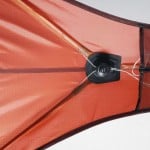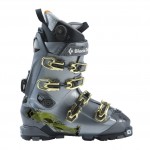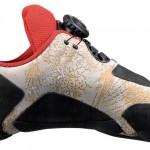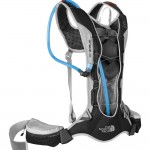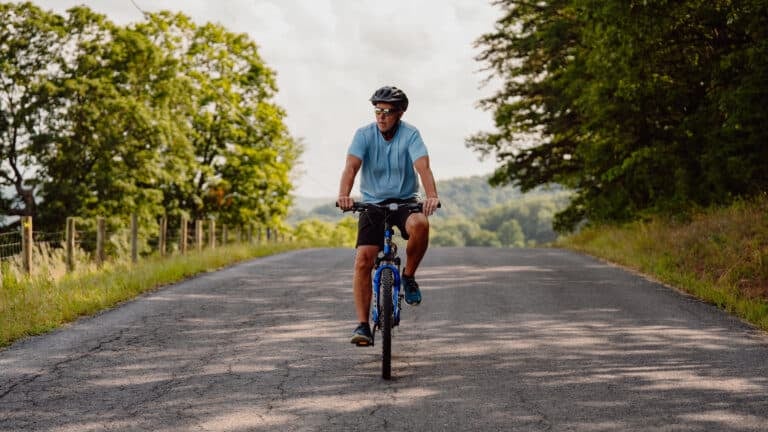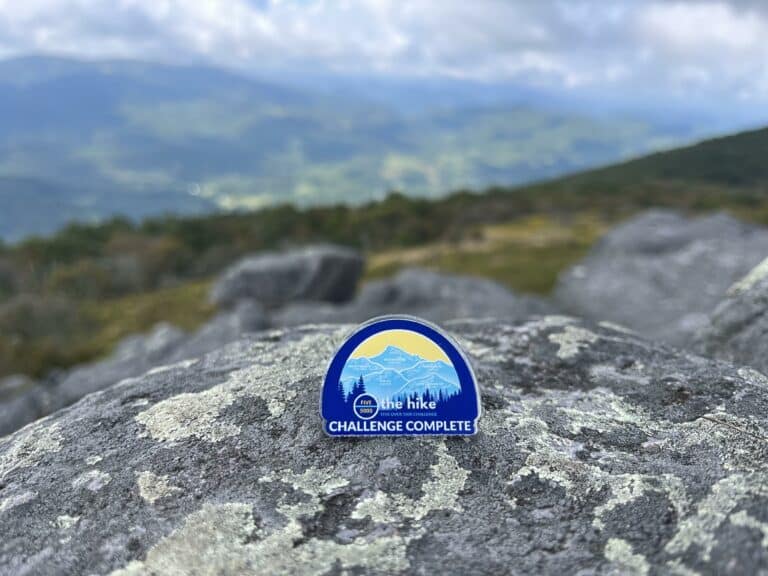Push in the small black knob and twist. That’s all it takes to operate the Boa Lacing System, a tightening mechanism that employs a reel and clicking gears to retract and cinch a thin cable in a tactile procedure touted to “render shoelaces obsolete.”
Indeed, over the past five years, Boa Technology Inc. (www.boatechnology.com), which has offices in Denver and Tokyo, has partnered with companies to add its namesake technology to products ranging from snowboard boots to bike shoes.
I am a fan of the Boa system when and where it is applied right. But the tiny cable-and-reel system can add substantial cost. It sticks out from a shoe or boot as a vulnerable nub that could be damaged on an unlucky day. For most shoes, Boa lacing would be convenient for quick on-and-off but superfluous from a performance stance.
But some products gain performance with Boa. Take Black Diamond’s new Method ski boot as example. The boot, an alpine-touring model made for downhill turns as well as free-heel uphill travel, incorporates Boa lacing in its liner. The boot’s plastic shell is tightened with traditional metal buckles. But the liner’s tightening is independent, allowing skiers to adjust fit with the twist of a Boa knob.
Another advantage: When touring, skiers can unbuckle the boot’s plastic shell — as I did last month in a test at Crested Butte in Colorado — for comfort and range during each free-heel stride. But you can leave the liner cinched tight with the Boa lacing, eliminating heel lift and keeping the boot fitting snug.
The jury is out on other new Boa-based products. The North Face shipped a hydration pack last month, the $99 E Race Boa model, that lets you compress a water bladder with Boa’s cinching system. The theory is that by tightening a cable over the bladder as you drink a user can eliminate “annoying sloshing.”
I run and bike with hydration packs all the time and hardly notice the sloshing effect. Air siphons out of my CamelBak as I drink, the bladder collapsing on itself enough to keep liquid in the reservoir under control.
Another to-be-tested Boa product, Big Agnes’ Slide Mountain SL3 tent integrates Boa in its rain fly. A camper inside the three-person tent, which will sell for $600 when it comes out next month, can twist a knob mounted on the ceiling to pull taut the fly to keep it from sagging.
For decades, guy lines and cord have done the same thing. But Boa promises in-the-tent convenience for Big Agnes campers.
Finally, French-based Millet will add Boa to a climbing shoe coming out in March. The $105 Boa 1st shoe positions a black Boa knob on its tongue, letting rock climbers reach down and cinch tight before hoping on to try a difficult face.
Millet touts easy on-and-off and “micrometric tightening” with the setup. My speculation: I envision jamming a shoe in a fist crack and feeling the protrusion of a plastic knob biting into the top of my foot.
But on a face climb — the type of route this slipper was made to climb — the Boa 1st could perform fine. Small cables will reel in as you twist, tugging lace guides to fit the shoe on your foot tight and good. Then you’ll step off the dirt, sticky rubber edging on rock, foot flexing in a shoe snug and secure as you climb — unencumbered by shoelaces — toward the sky.
Stephen Regenold writes a daily blog on outdoors gear at www.gearjunkie.com.
